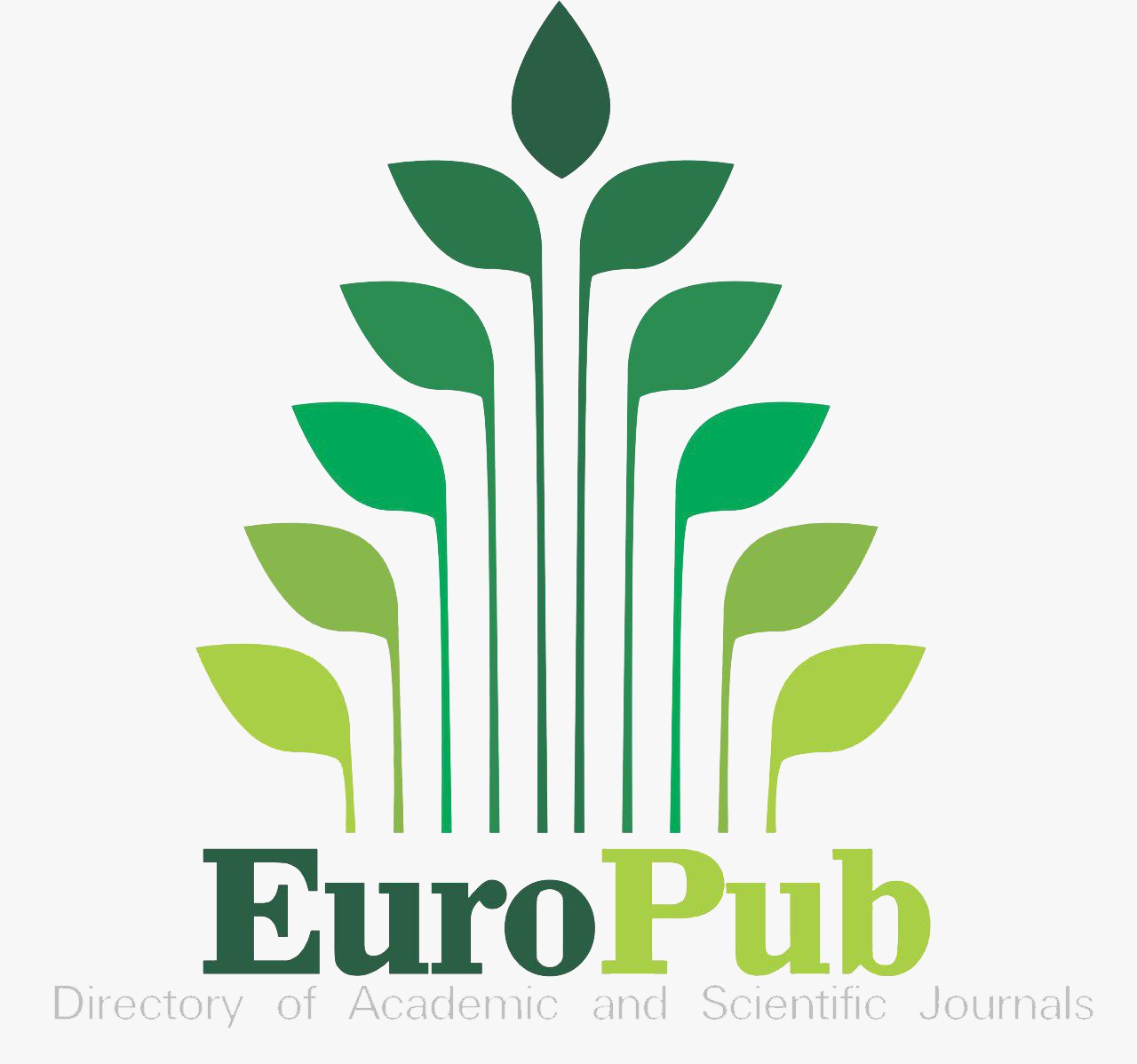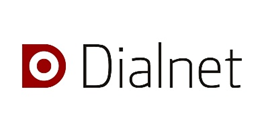GAMIFICATION AS A KEY DIDACTIC STRATEGY IN MEANINGFUL LEARNING
DOI:
https://doi.org/10.56219/dialctica.v1i26.4400Keywords:
Gamification, Strategy, Didactics, Meaningful learningAbstract
The teaching that is implemented in the classrooms obeys more traditional formats, in many due to ignorance and others due to resistance to changes and didactic transformations on the part of teachers. This essay explores the importance of gamification as a key aspect for the development of meaningful learning in students. This is because gamification stimulates motivation towards the development of the educational process. Methodologically, an exploratory study was developed, various documentary sources, scientific articles from indexed journals were investigated. Therefore, it presents the systematization of research and contributions on which an analysis was carried out in order to describe some key aspects in reference to gamification as a didactic strategy. As final reflections, it can be seen that by incorporating gamification in teaching as a means of influencing learning, autonomy, collaborative work, teamwork are also promoted, soft skills such as empathy, solidarity, responsibility, self-awareness, emotional intelligence are developed, active participation is improved. It also allows the focus on meaningful pedagogical experiences, motivating them to be protagonists of their own learning. In this sense, gamification is positioned as a valuable tool and an effective way to transform educational practices in favor of more active and meaningful learning
Downloads
References
Barrios, L. Cotes, E. (2023). La Gamificación en la Educación: Transformando el Aprendizaje a través del Juego. Dialéctica. Vol. 2. N° 22. (p.10). DOI: https://doi.org/10.56219/dialctica.v2i22.2648
Botella Nicolás, A. M., & Ramos Ramos, P. (2019). La teoría de la autodeterminación: un marco motivacional para el aprendizaje basado en proyectos. Contextos educativos: revista de educación. (p.253-269) DOI: https://doi.org/10.18172/con.3576
Deterding, S., Dixon, D., Khaled, R., & Nacke, L. (2011). From Game Design Elements to Gamefulness: Defining Gamification. Proceedings of the 15th International Academic MindTrek (págs. 9-15. 10.1145/2181037.2181040.). Conference: Envisioning Future Media Environments, MindTrek 2011. 11. DOI: https://doi.org/10.1145/2181037.2181040
Gaitán, V. (2013). Gamificación: el aprendizaje divertido. Recuperado de Educativa.com: https://www.educativa.com/blogarticulos/gamificacion-el-aprendizaje-divertido/ (p.186)
García-Casaus, F., Cara-Muñoz, J., Martínez-Sánchez, J. & CaraMuñoz, M. (2021). La gamificación en el aula como herramienta motivadora en el proceso de enseñanza-aprendizaje. Logía, educación física y deporte. 1(2). (p.43-52) https://logiaefd.com/wpcontent/uploads/2021/02/5.pdf
Hamari, J. &. (2014). Does Gamification Work? — A Literature Review of Empirical Studies on Gamification. Proceedings of the Annual Hawaii International Conference on System Sciences, 3025-3034. 10.1109/HICSS.2014.377. DOI: https://doi.org/10.1109/HICSS.2014.377
Herrera, J. I. (2010). LA MOTIVACIÓN EN EL PROCESO ENSEÑANZA-APRENDIZAJE. Temas para la educación Revista Digital, (p.1-14)
Londoño, L. M. Rojas, M. D. (2020). De los juegos a la gamificación: propuesta de un modelo integrado, Educación y Educadores, 23(3), (p.493-512) https://doi.org/10.5294/edu.2020.23.3.7 DOI: https://doi.org/10.5294/edu.2020.23.3.7
Nicholson, S. (2012). A User-Centered Theoretical Framework for Meaningful Gamification. Games+Learning+Society 8.0., (págs. 722-723).
Tenorio Barragán, S. M., Tenorio Chiriboga, W. H., & Carrera Tapia, R. D. (2022). Gamificación en el proceso de lectoescritura. Obtenido de VINTEC: (p. 4) https://server.istvicenteleon.edu.ec/victec/index.php/revista/article/view/82/34
Olarte, Y. Torres, A. (2024). Revisión de Casos de Implementación de Gamificación en Colombia. Ciencia y Educación. Vol. 5 N° 9. (p. 15).
Ospino, J. Santos, L. (2021). El Juego digital Gamificado como Estrategia de Motivación en el Aprendizaje Autorregulado en Estudiantes de Primer Semestre en el Centro Tutorial de Cereté. Repositorio Digital Universidad de Cartagena. (p.126). https://hdl.handle.net/11227/14896
Rojas, P. Reguillo, K. (2023).La Gamificación en la Enseñanza. Dialéctica. Vol 2. N° 22. (p.23). DOI: https://doi.org/10.56219/dialctica.v2i22.2670
Stover, J. B., Brun, F. E., Uriel, F. E., & Fernández, L. M. (2017). Teoría de la Autodeterminación: una revisión teórica. Perspectivas en Psicología: Revista de Psicología y Ciencias Afines (p. 105-115)
Downloads
Published
How to Cite
Issue
Section
License

This work is licensed under a Creative Commons Attribution-NonCommercial-ShareAlike 4.0 International License.
La revista Dialéctica conserva los derechos patrimoniales (copyright) de las obras publicadas, que favorece y permite la reutilización de los mismos bajo la licencia Creative Commons Atribución-NoComercial-CompartirIgual 4.0 , por lo cual se pueden copiar, usar, difundir, transmitir y exponer públicamente, siempre que se cite la autoría y fuente original de su publicación (revista, editorial, URL y DOI de la obra), no se usen para fines comerciales u onerosos y se mencione la existencia y especificaciones de esta licencia de uso. Si remezcla, transforma o crea a partir del material, debe distribuir su contribución bajo la misma licencia del original.















